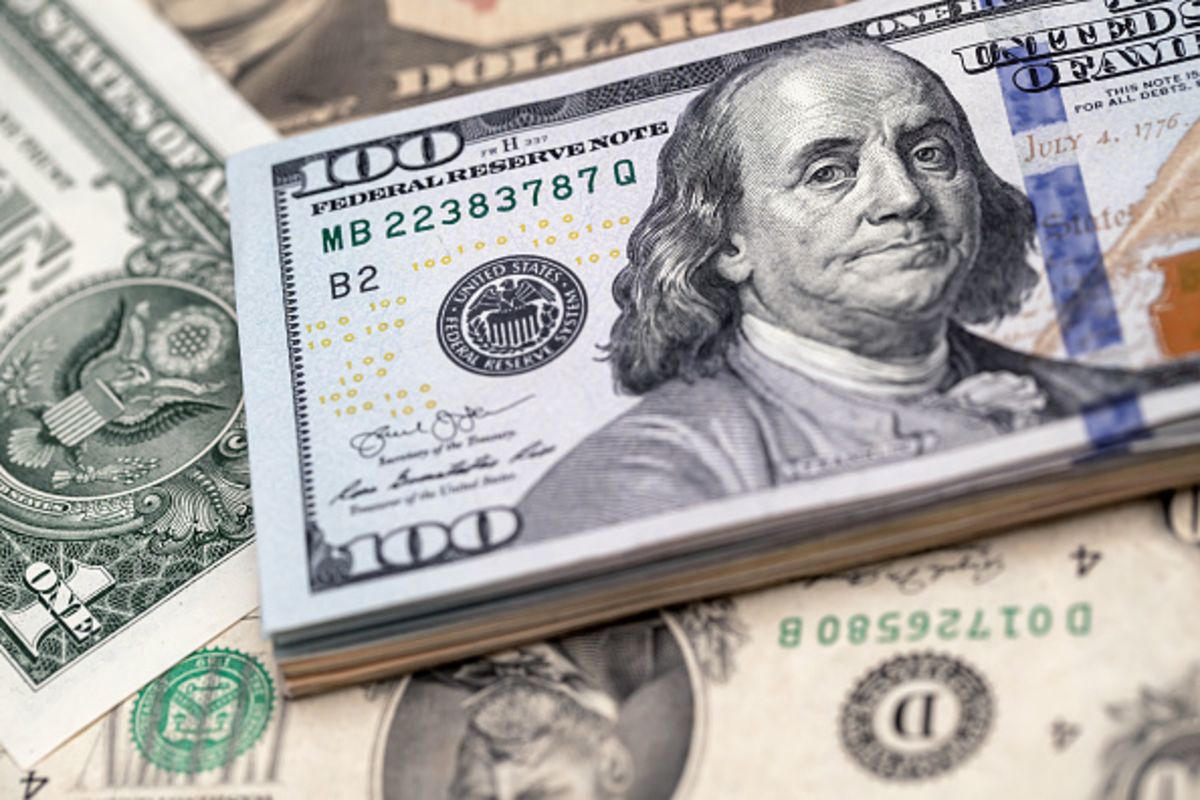The dollar rose on Wednesday, a day after suffering its biggest one-day drop in more than two years, as the excitement of the previous day's rally in stocks and risk-friendlier currencies wore off.
The dollar index was last up 0.64% to 110.87, after tumbling 1.3% on Tuesday. The index, which measures the greenback against a basket of major currencies, has fallen just under 4% since touching a 20-year high of 114.78 last week.
Sterling was down 1.08% to $1.1352, after rising for six straight sessions. Its fall extended slightly as UK Prime Minister Liz Truss pledged to bring down debt as a share of national income, just over a week after the government's plans to slash taxes and ramp up borrowing spooked markets.
Recent gains for most major currencies against the dollar have been underpinned by hope among investors and traders that the U.S. Federal Reserve will raise interest rates by less than previously expected.
A bigger-than-anticipated fall in the number of job openings in August was the latest evidence that the U.S. economy is gradually slowing. The U.S. benchmark S&P 500 stock index (.SPX) jumped more than 3% on Tuesday.
"The data is suggesting a slightly better inflation backdrop," said Harry Adams, chief executive at foreign exchange company Argentex. "(Fed policymakers) are unlikely to be as aggressive as they have been over the last few months." Adams said he expected "a period of at least a quarter of either a flat or slightly downward dollar."
However, the investor optimism which drove the dollar lower appeared to fade somewhat on Wednesday, with stocks and bonds paring their gains.
A fifth consecutive 50-basis-point rate hike from the Reserve Bank of New Zealand (RBNZ) on Wednesday reminded investors that inflation remains the main focus of central banks.
Global bond yields, which move inversely to prices, edged up after falling sharply in recent days while US stock futures slipped.
The yield on the key U.S. 10-year Treasury was up 7 basis points to 3.685%, although it remained well below the 12-year high of more than 4% touched last week.
The New Zealand dollar was last down 0.15% to $0.5724, having leapt as much as 1.3% earlier in the session. The Aussie dollar was 0.6% lower at $0.6463.
U.S. Federal Reserve Governor Philip Jefferson reiterated overnight that inflation was the top target for policymakers and that growth would suffer in efforts to bring it down.
San Francisco Fed President Mary Daly took a softer line and said the impact of the rampant dollar - which has jumped 17% this year - on other currencies and economies was a concern.










